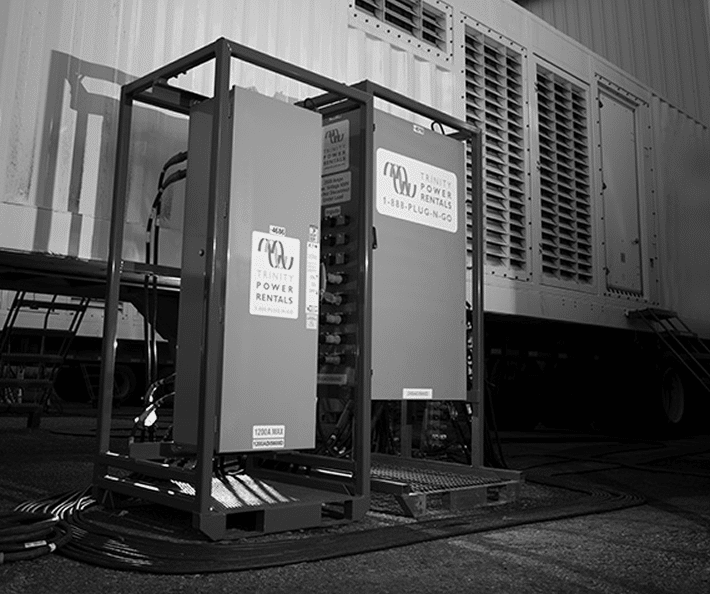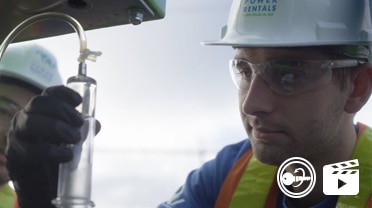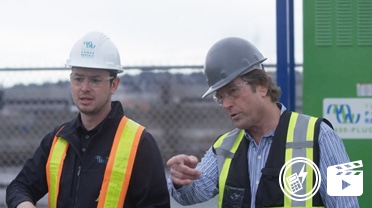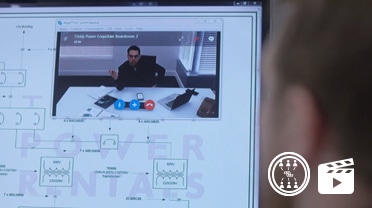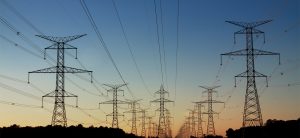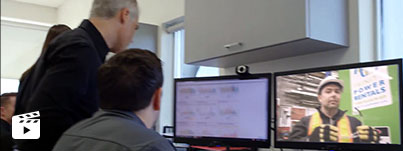-
Delivery • Setup • Support
-
Toll Free
1-888-758-4646
-
Call Us Now
1-888-758-4646
-
- OUR APPROACH
-
COMMITTED TO YOUR SUCCESS
Our approach, developed over decades of experience, is fine-tuned to get the results you want.
We deliver concept-to-completion solutions, designed by temporary power specialists with access to the largest inventory of high-quality power generation and distribution equipment in North America.
-
- Equipment
-
RENTALS
From a wide range of diesel and natural gas generators to transformers, cable, light towers and more, our large rental fleet and extensive vendor network ensure we’ll have the temporary power equipment that your project requires — every time.
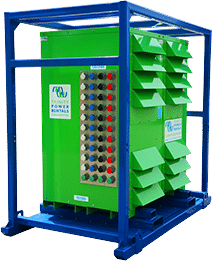
-
- Industries
-
INDUSTRIES WE SERVE
For nearly 20 years, we have been at work powering projects across Canada’s industrial sectors.
Select from this sampling of industries to learn how we can put our expertise to work for you.
VIEW ALL- Projects
- About
-
A PROUD HISTORY. A BRIGHT FUTURE.
From our inception in 1998, we have been building our team on a foundation of excellence. Our team members’ passion, expertise and commitment are what have allowed us to grow into a national company with projects across Canada.
Click on the links to learn more about our history, our team or our career opportunities.
- Blog
- Contact
-
Music festival performances can generally be summed up in three words: lights, sound and crowds. Without those things, the festival wouldn’t exist.
With all three of these elements relying on power, the team responsible for a music festival’s electrical system do everything they can to ensure it runs smoothly — but that doesn’t mean it will.
From rain-related electrical problems at Woodstock in 1969, to overloading generators at Lollapalooza in 2016, the occasional power outage is impossible to avoid. As Garett Lumley, the electrical contractor who oversees the power for Shambhala Music Festival, puts it, “Sometimes things just happen.”
Power interruption policies attempt to mitigate the risks associated with outages, so that festival goers can stay safe, continue to enjoy the shows, and buy the food and merchandise that generates revenue for organizers.
We spoke with Lumley and Trinity’s own Temporary Power Specialist, Jordan Rizzo about what power interruption policies are, and some of the key elements that make them effective.
An Ominous Silence
“The biggest thing I find is, it goes quiet,” says Lumley of power outages at music festivals. “All of the sudden there’s this eerie quiet and then in my head alarm bells go off because I’m in charge of the power.”
An unexpected power outage can wreak havoc on sensitive sound equipment. “It’s really hard on amplifiers and high tech gear,” Lumley says. “Especially if it’s full throttle, and then boom, the power goes out. It’s also hard on the equipment when the power comes back on.”
Performances aren’t the only things that grind to a halt when the power goes out. “If there’s no power, you can’t use the tills,” explains Lumley, which means that food and merchandise vendors aren’t able to sell their wares.
Even more important than revenue, safety is a top concern during an outage. Lumley explains: “If it’s two in the morning, the place is rocking, 10,000 people are dancing, and all of the sudden it’s dark, that could definitely be an emergency.”
Power interruption policies contain a plan that will help to manage the storm that follows the calm.
“A power interruption policy is a policy put in place to deal with unexpected power outages,” explains Rizzo. “The main purposes of this kind of policy are to restore power as quickly as possible while maintaining the safety of the employees and guests.”
Prevention is the Best Cure
As with most damage control plans, the most important element in a power interruption policy aims at prevention. “The biggest mitigation is: don’t let the power go out,” explains Lumley. “[At Shambhala], we have two generators in parallel — one that runs all the time. We have an automatic transfer switch and there’s a second diesel standby. In all my years, I’ve never had both explode.”
Beyond having a backup for equipment, prevention means pre-checks, and then more pre-checks. “We’re 600 volts in the system, strung across kilometers of wire,” says Lumley. “So every camlok twist is triple checked before burial as we’re installing it.” (Cables at music festivals are often temporarily buried for safety because of the high foot traffic.) “I also run a bunch of big system checks to make sure the generators are happy,” he explains.
While backup generators and properly connected cable are very important, they will only go so far if the quality and suitability of the equipment aren’t taken into account.
“When generators fail, it’s usually engine failure,” explains Lumley. “Things wear out.” To avoid this, generators should be not only high quality and well-maintained, but should not be running at 100% capacity. “You want about 50% or 60% load,” he says.
Finally, in order to ensure generators run smoothly throughout a multi-day event, fueling is key. “We use about 40 litres an hour of diesel fuel, give or take,” says Lumley, “so fuel coordination is very important.”
Being Ready Means Being On-Site
Although prevention is paramount, sometimes situations happen that can’t be avoided. That’s why having a person or team on-site to handle any power emergencies that arise is crucial. “We have one experienced journeyman electrician on staff 24 hours,” says Lumley. “And being the head of the whole thing, I’m always on site too. That’s probably the biggest thing with our power retention policy — having me around and also my relief guys, 24/7.”
Rizzo also highlights the importance of availability. “Trinity is available 24/7 to offer support when unforeseen events occur,” he explains. This allows on-site electricians to access a Temporary Power Specialist who can answer questions about the equipment and help troubleshoot any issues that come up.
Along with an experienced electrician who is familiar with the system’s layout, and able to solve any problems that arise, it’s necessary to have the parts and tools necessary to solve those problems. “I have a little mini city there with spare parts,” quips Lumley.
Communication is Key
Having an effective power interruption policy requires excellent communication within the electrical team, between teams, and with external partners. In the weeks and months leading up to Shambhala, Lumley is in regular communication with the local utility: “You can’t really mitigate the grid going out,” he points out, “so we work with Fortis closely, as far as switch gear. They control our system, so they try to communicate if they have a scheduled outage.”
As far as internal communication goes, one of the most important tools the electrical team has is a system diagram. “When we do music festival projects, Trinity provides the on-site electricians detailed single line drawings showing equipment and cable layouts,” says Rizzo. “The single line helps troubleshoot any issues that may arise, minimizing downtime. We also include any relevant documents and procedures outlining steps that should be followed in the event of a power outage – for example, generator starting procedures and transfer switch operation.”
Lumley agrees. “I’ve got maps for everybody,” he explains. “All the temporary wiring, all the temporary power gear is mapped out.”
And it’s not just the electrical system that Lumley, as the electrical team lead, needs to know about. “The whole property is mapped, all the underground, because we have our own septic system too,” he explains. “We have a hospital, we’ve got fire engines. It’s all about mapping and coordinating security with all the heads of the different teams.”
At music festivals as in life, not everything goes according to plan. But a well-executed and well-communicated power interruption policy allows music festival organizers to focus on what matters most: making sure that festival goers are happy, safe and having the time of their lives.
EXPLORE OUR FESTIVAL POWER SOLUTIONS
Related Articles
Subscribe for Access to Exclusive Content
Get insider updates, industry news, special equipment offers, and expert tips—directly to your inbox.
"*" indicates required fields
